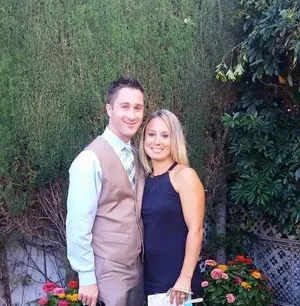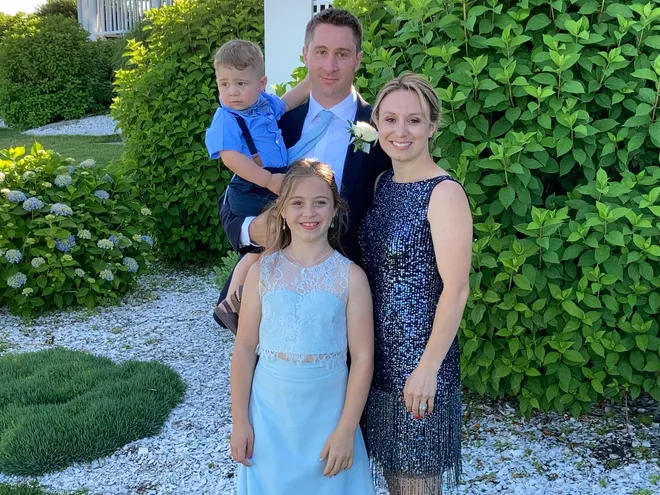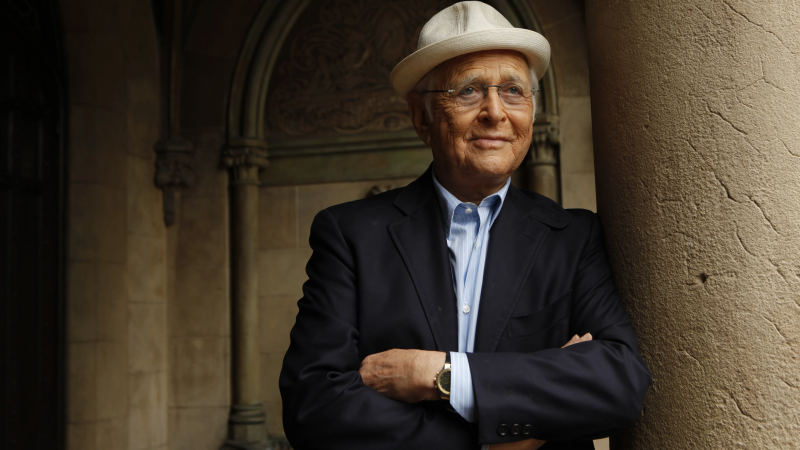'Manifestation of worst fear': They lost a child to stillbirth. No one knew what to say.
The floor opened up and swallowed her whole. A deafening silence. A sensory overload.
Megan Maynard remembers everything about the 48 hours leading up to her daughter Violet's death – stillbirth, at 27 weeks.
"It's a different type of grief," the 38-year-old says. "Pregnancy loss and stillbirth are (the) only types of loss of someone else that somebody physically experiences." In the U.S., approximately 21,000 babies are stillborn annually, according to the Centers for Disease Control and Prevention.
Losing a child is unexpected – an unsettling, unfair kind of grief that's necessary to talk about to help those going through it. "We expect that someday we'll have to say goodbye to our parents," says David Kessler, grief expert and founder of Grief.com. "We don't expect to say goodbye to a child.
'Am I going to be terrified of my own child?'
Violet was due in September 2017, but Maynard noticed decreased fetal movement in June. A Sunday afternoon, she says, when she pushed the thought to the back of her head briefly. But she and her husband Jay, 40, decided to check things out just in case. Her gut feeling was horribly right.
"We kind of knew that this had happened," Maynard, a licensed mental health therapist, says. "But we were, I guess, hopeful that I'd go to bed and wake up in the morning and she'd be moving around and everything was fine."

But nothing was fine. It took them a few minutes to realize what has happening and then began the most overwhelming 48 hours of her life.
She and Jay called their families to clue them in – traumatizing in and of itself, to call people at the worst moment of your life with the worst possible news. Maynard needed to be induced, a process that took about 24 hours, when a horrible thought entered her brain: "The main fear that I had was, 'am I going to be terrified of my own child?'"
She'd never know what this child would look like alive. Never see her eyes open. Never know her the way a parent should get to know a child.
Still, she looked like a perfect little girl at birth anyway. "Then came the process of really ultimately saying goodbye to her, because we were getting to know her, and also getting ready to leave the hospital without her," she says. "And that was obviously very traumatic and very painful." They spent about six or seven hours with her and invited family to drop by as well; they kept their then 6-year-old daughter away.
Now 12, she understands why.
'My mission with my grief'
Maynard poured her energy into a blog, "A Violet Grows in Heaven," to try make sense of something senseless.
Physical and emotional exhaustion consumed her and left her head spinning – not an uncommon reaction after trauma. "When we are in the throes of fresh grief, it can feel so disorienting and confusing," says Gina Moffa, licensed clinical social worker and author of "Moving On Doesn't Mean Letting Go." "It can feel as though we have been thrust in a foreign landscape where nothing looks or feels familiar. Moving forward hardly feels feasible. Treading water at best, feels like a possibility. We must acknowledge that our loss will bring with it complicated emotions and confusing ways of feeling."

Maynard found catharsis through her writing.
"That was my mission with my grief, was to make sure that her story was told and that she is a part of us, and a part of our family," she says, in addition to CuddleCots, or bassinets for babies lost to miscarriage, stillbirth or in early infancy.
She still thinks of her daughter every day; they cremated her, so Violet is always with them at home. The family welcomed a son two years later after several miscarriages.
"We were able to bring him home, which was like a little redemption," she says.
'One single tiny step at a time'
For a while, the couple couldn't go into a room without being the ones whose baby just died.
"People would either avoid us completely, not ask about it," she says. "Or they go the opposite direction and come up to us and start sobbing and telling us how hard this was for them without asking how we were doing."
Child loss isn't like losing a grandparent; few people can empathize the same way. "You very quickly realize that you are the manifestation of most people's worst fear," she says. Pregnant friends avoided Maynard due to their own discomfort. Stillbirth isn't contagious, she thought. She encourages people to say they're sorry this happened to break the stigma (though everyone grieves differently).
"It's really just one single tiny step at a time," adds Moffa. "One moment and day at time, and we somehow see life grow around our loss. It doesn't ever take it away, but it becomes a companion we move and grow with by our side as we continue on living. Even when we don't want to. Even when we don't know how."
If you'd like to share your thoughts on grief with USA TODAY for possible use in a future story, please take this survey here.

Disclaimer: The copyright of this article belongs to the original author. Reposting this article is solely for the purpose of information dissemination and does not constitute any investment advice. If there is any infringement, please contact us immediately. We will make corrections or deletions as necessary. Thank you.







